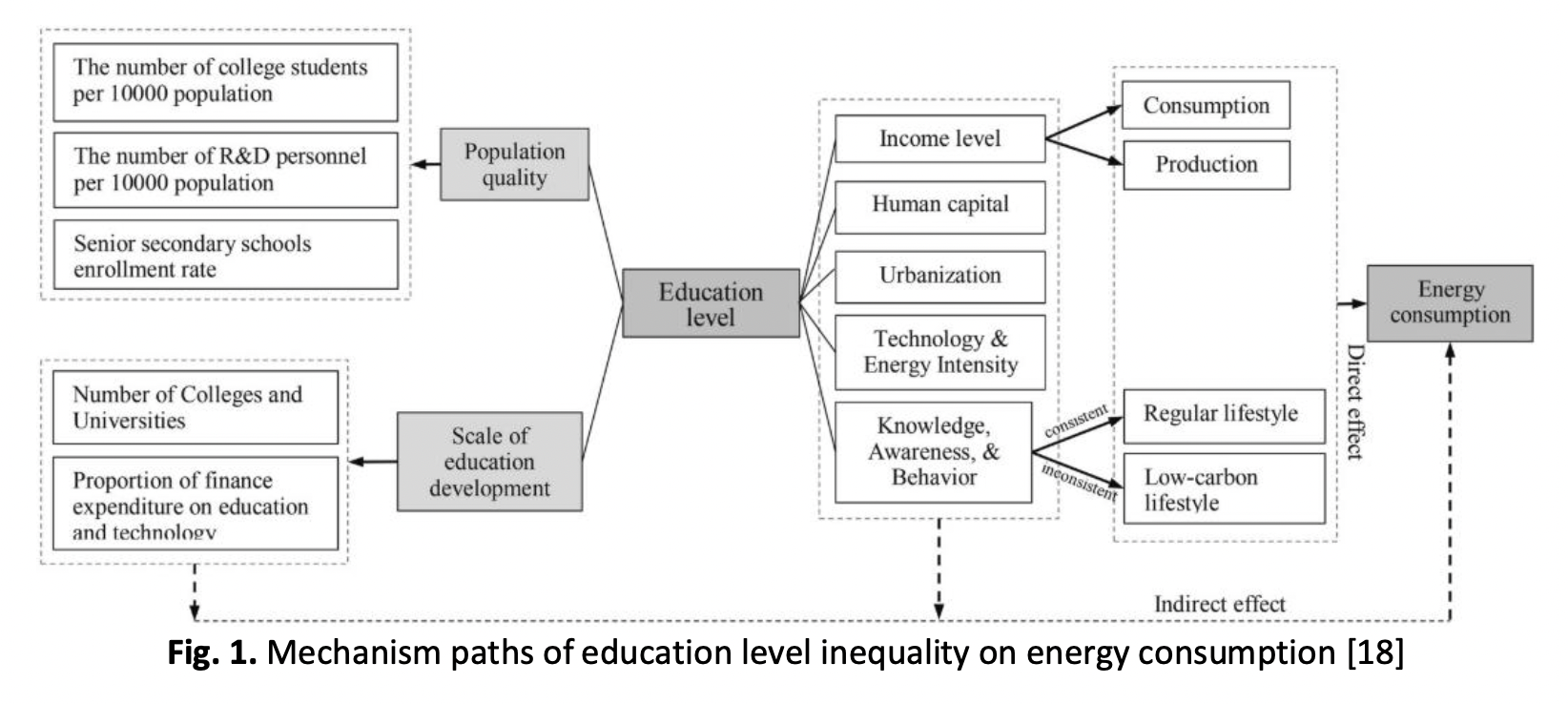Educational Level Impact on Energy Consumption in Malaysia Office Building using Neural Network Method
DOI:
https://doi.org/10.37934/araset.30.3.7990Keywords:
Energy consumption, artificial neural network, educational impactAbstract
The level of education has had a considerable impact on energy usage. Office activity requires energy, and this one area is especially subject to changes in demand patterns. The understanding on this trend is applicable to office buildings which has found many benefits like cost saving and better productivity among workers who have access to higher education level. Neural networks are appealing in the field of prediction. The use of artificial neural network technology provides a benefit in reducing the energy consumption in office buildings. The neural network uses neural networks to predict based on capacity. The researchers used a neural network model to predict energy consumption based on data from more than 1,006 samples taken from 13 office building location in 150day periods. The educational level has significantly influence on the energy consumption of an office building. The result indicates that the Degree and above categories contribute higher usage of energy. This study sought to address the contradiction between previous research on educational level impact on energy consumption by examining the levels of educational attainment over time and calculating the impact on building energy consumption.
Downloads





























